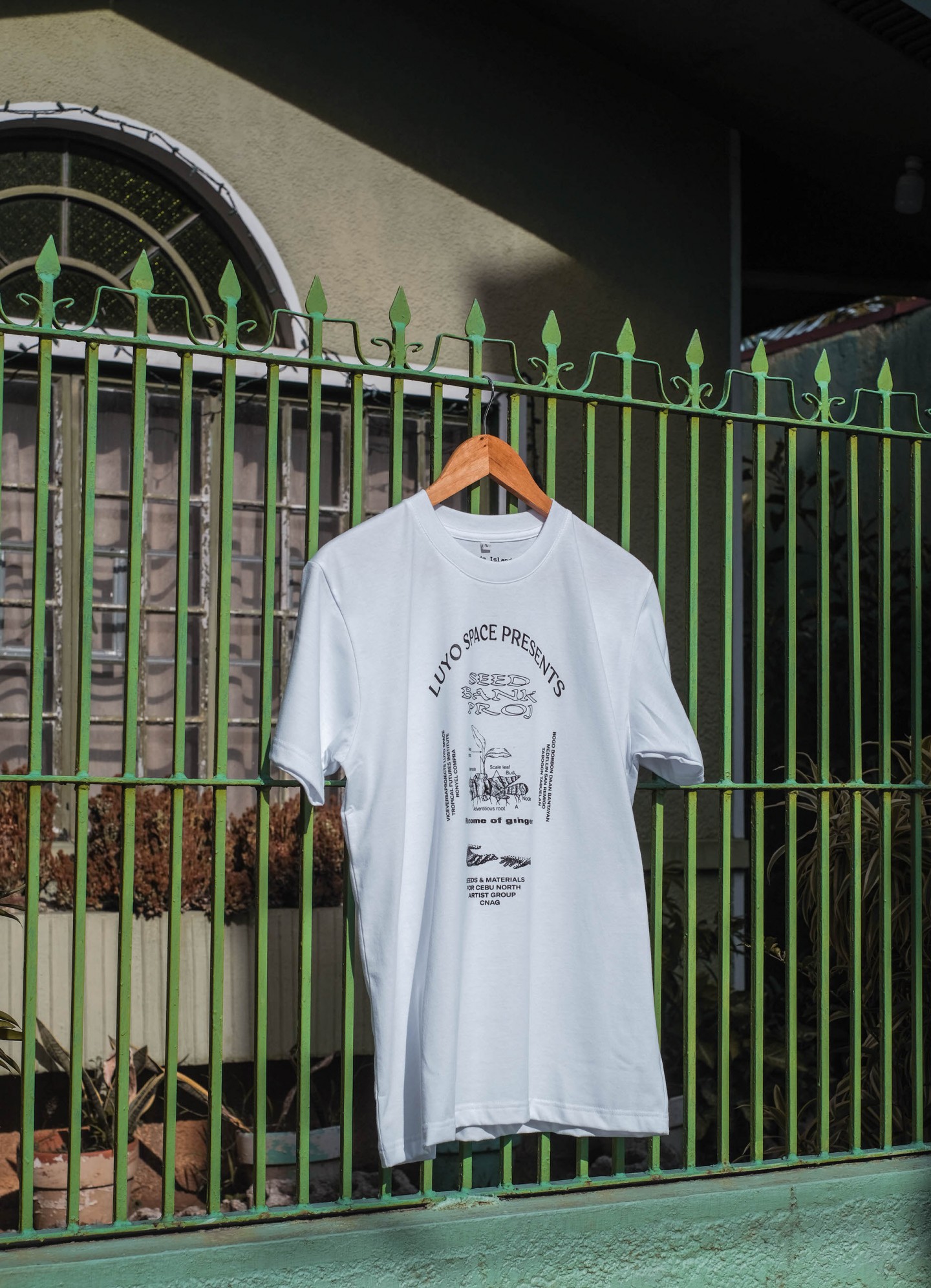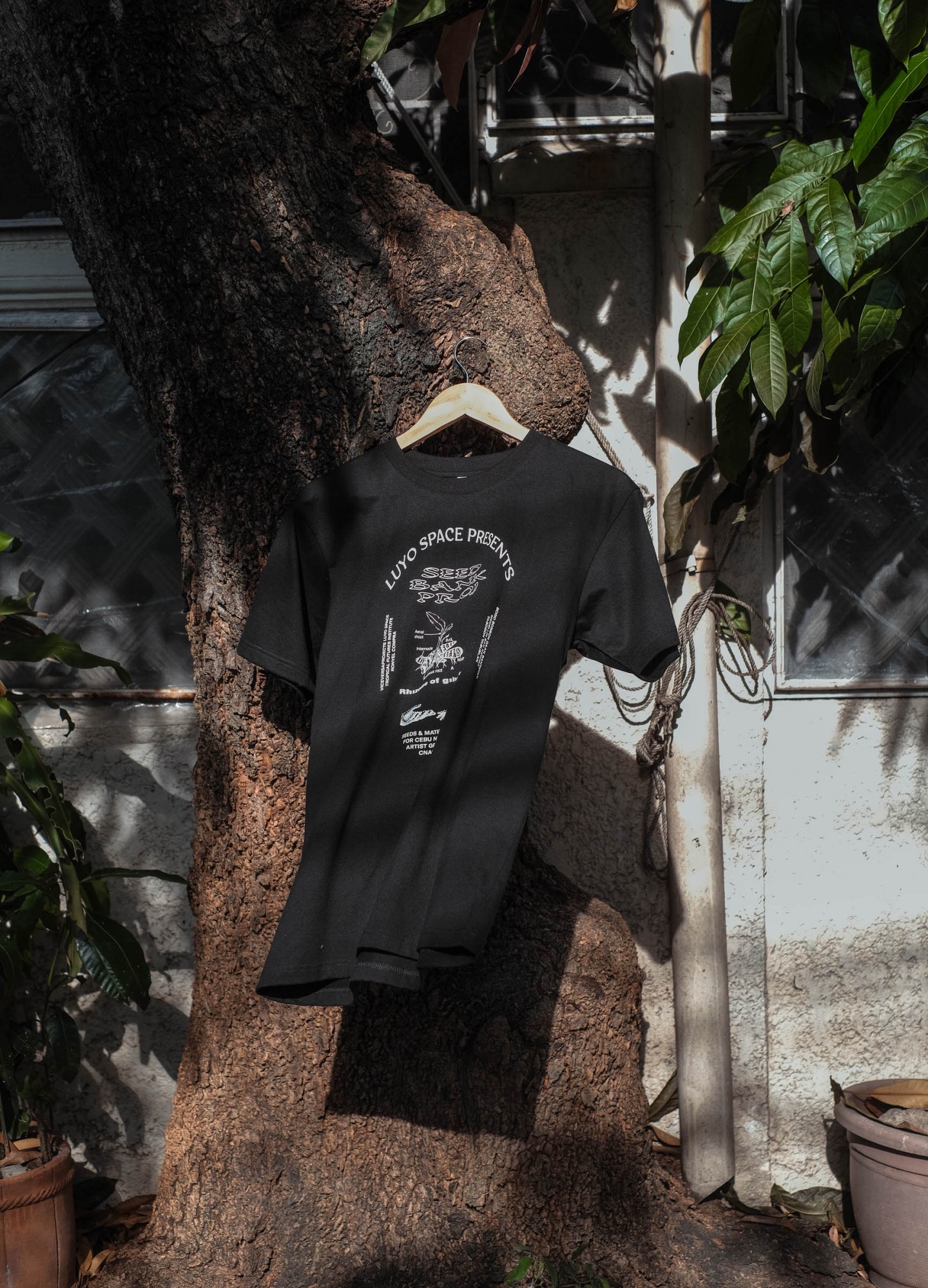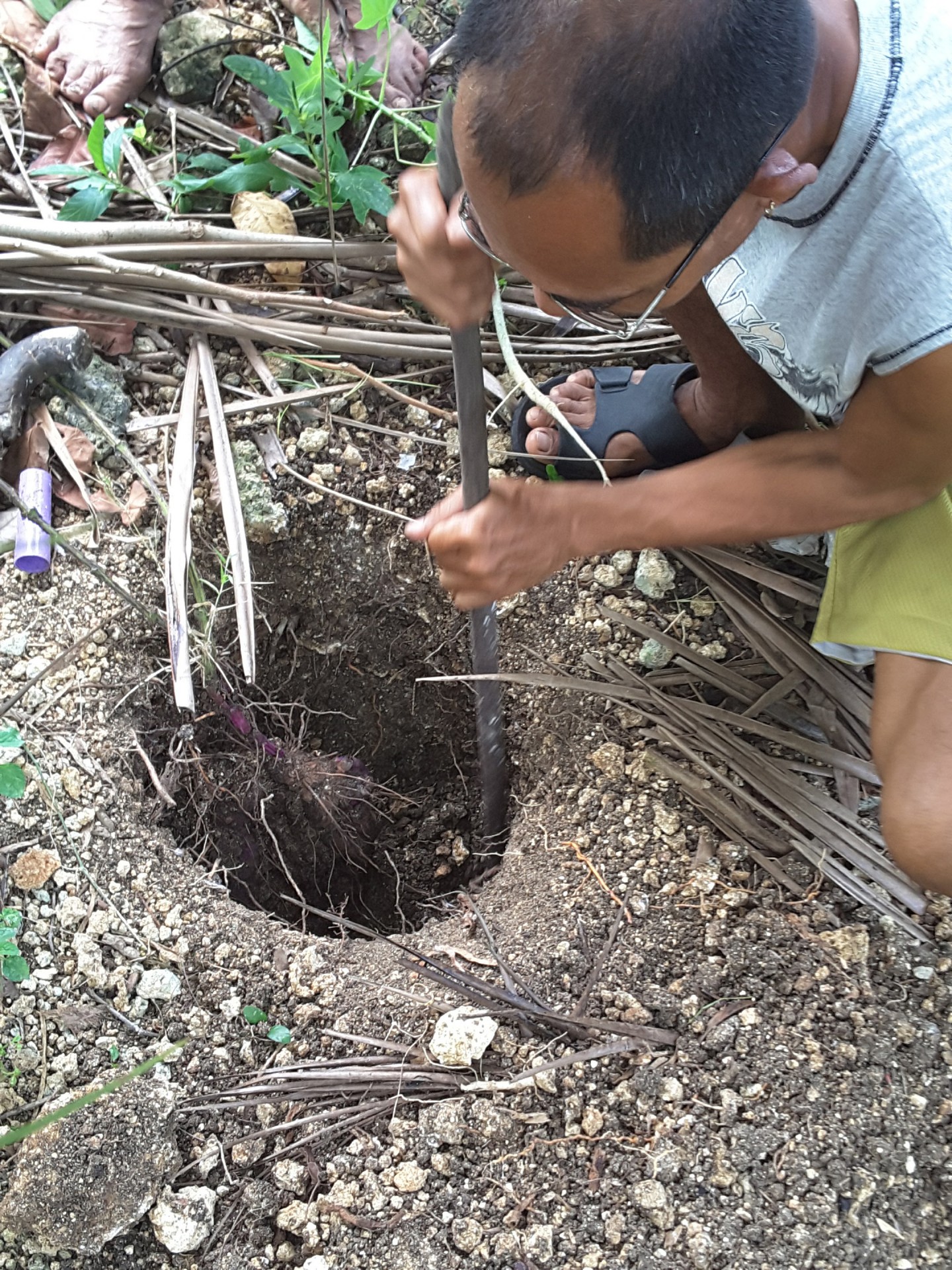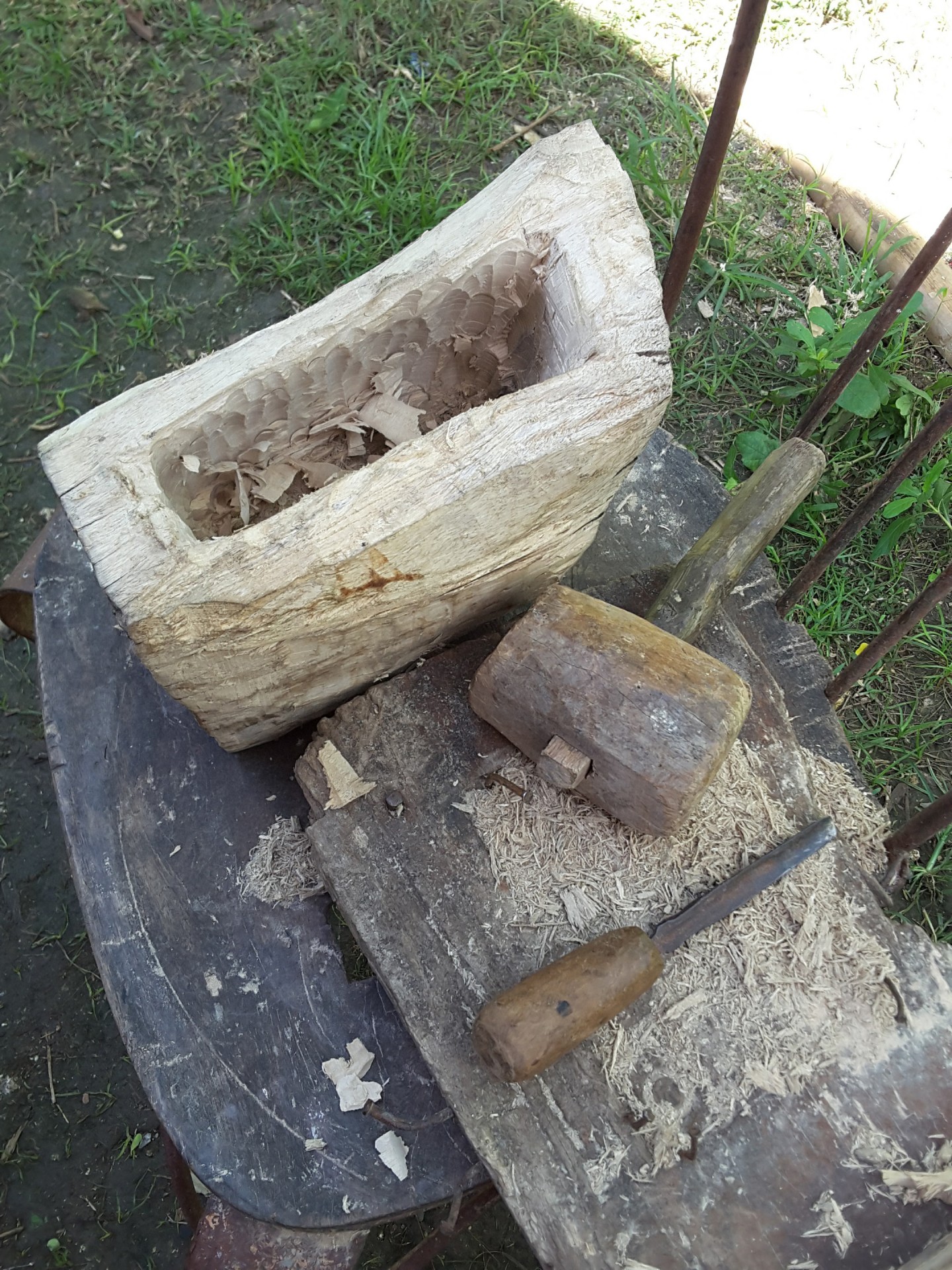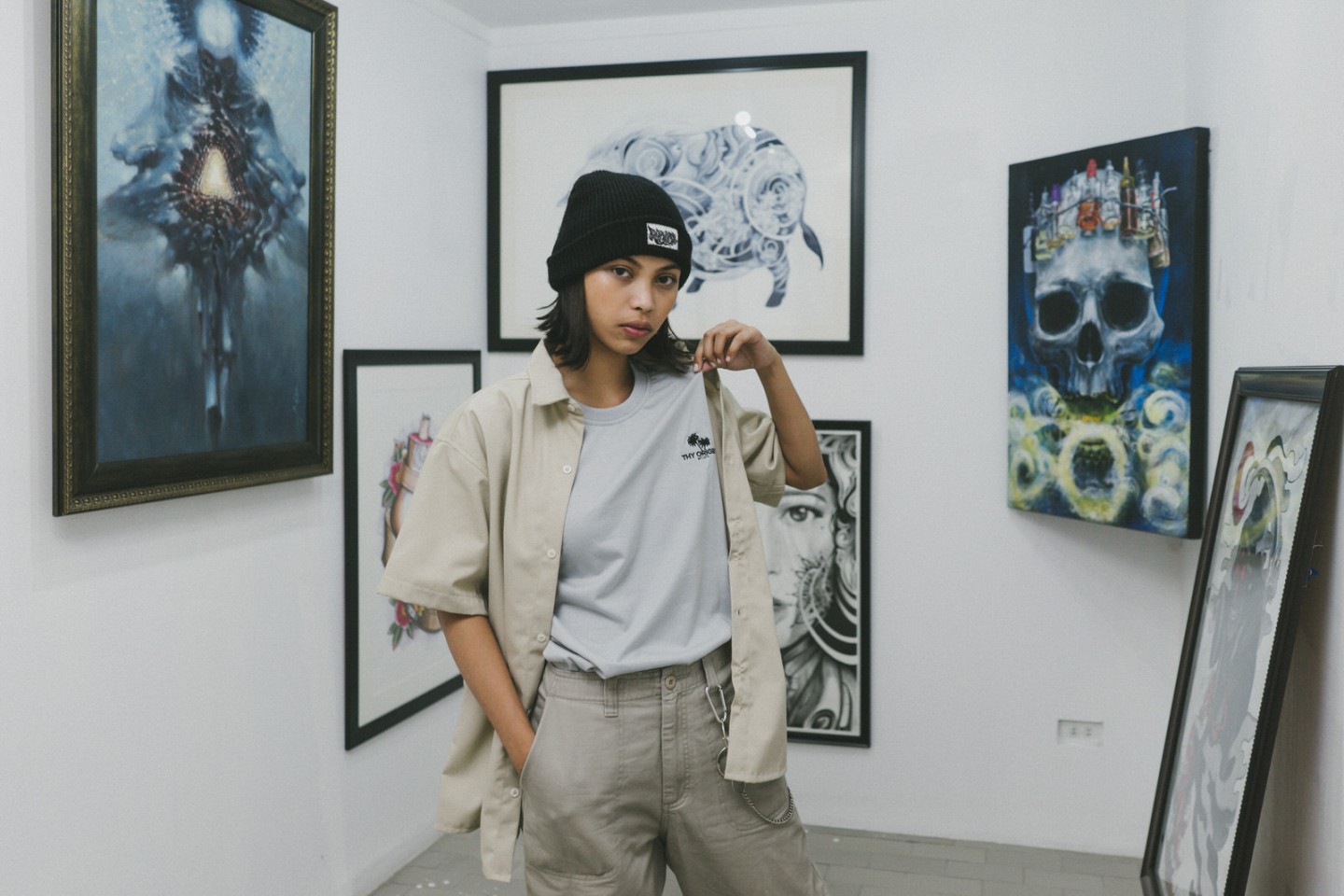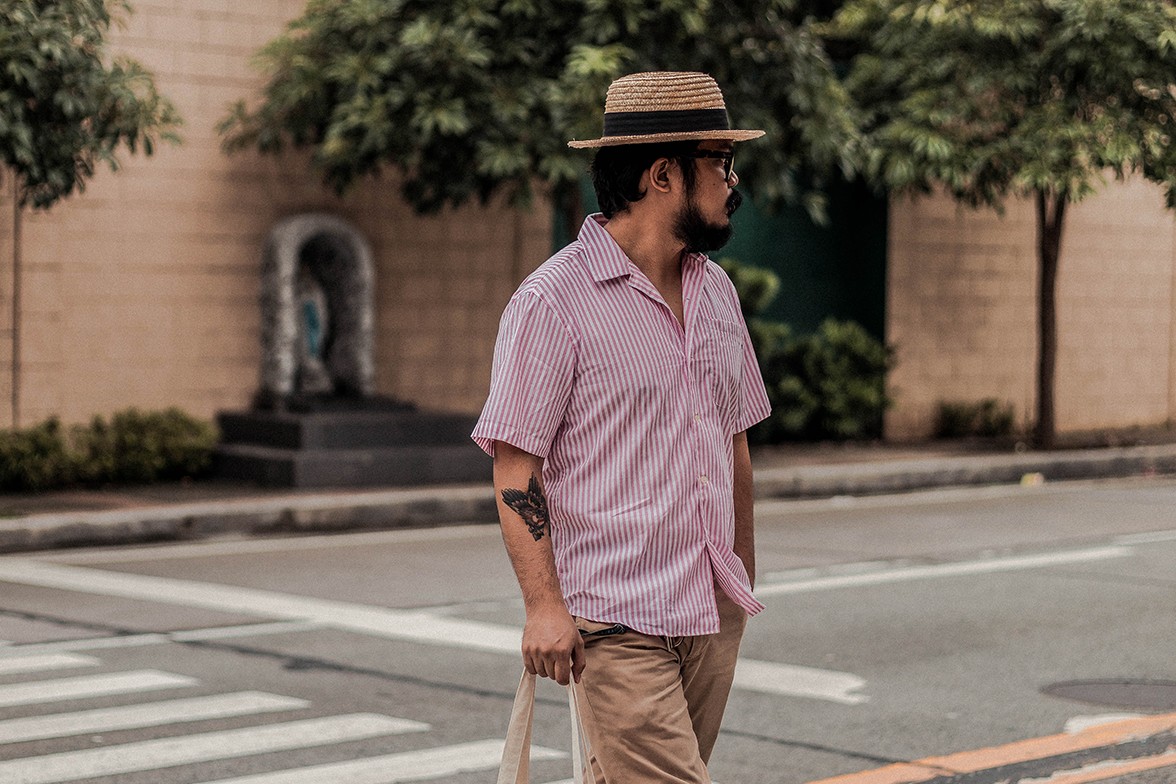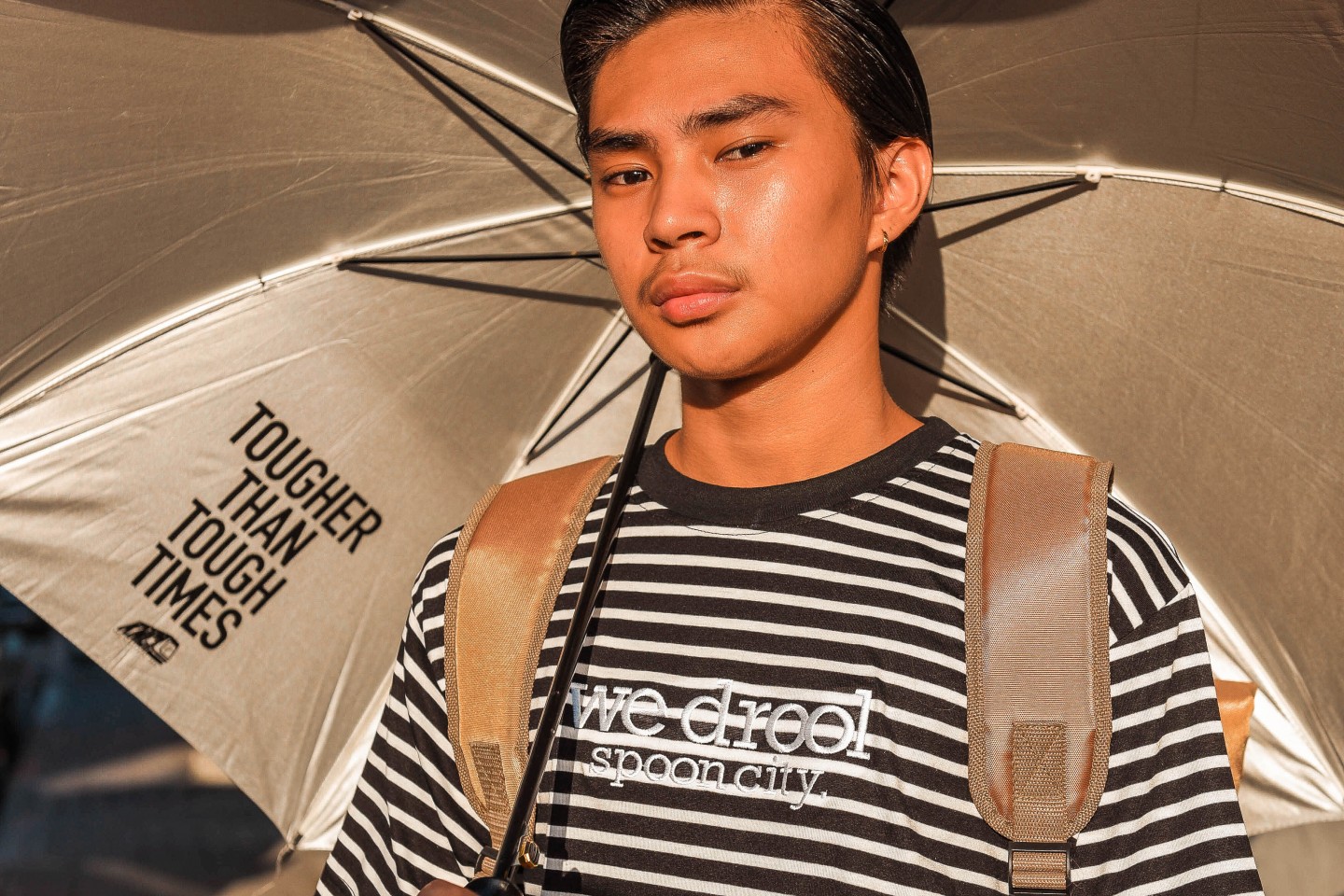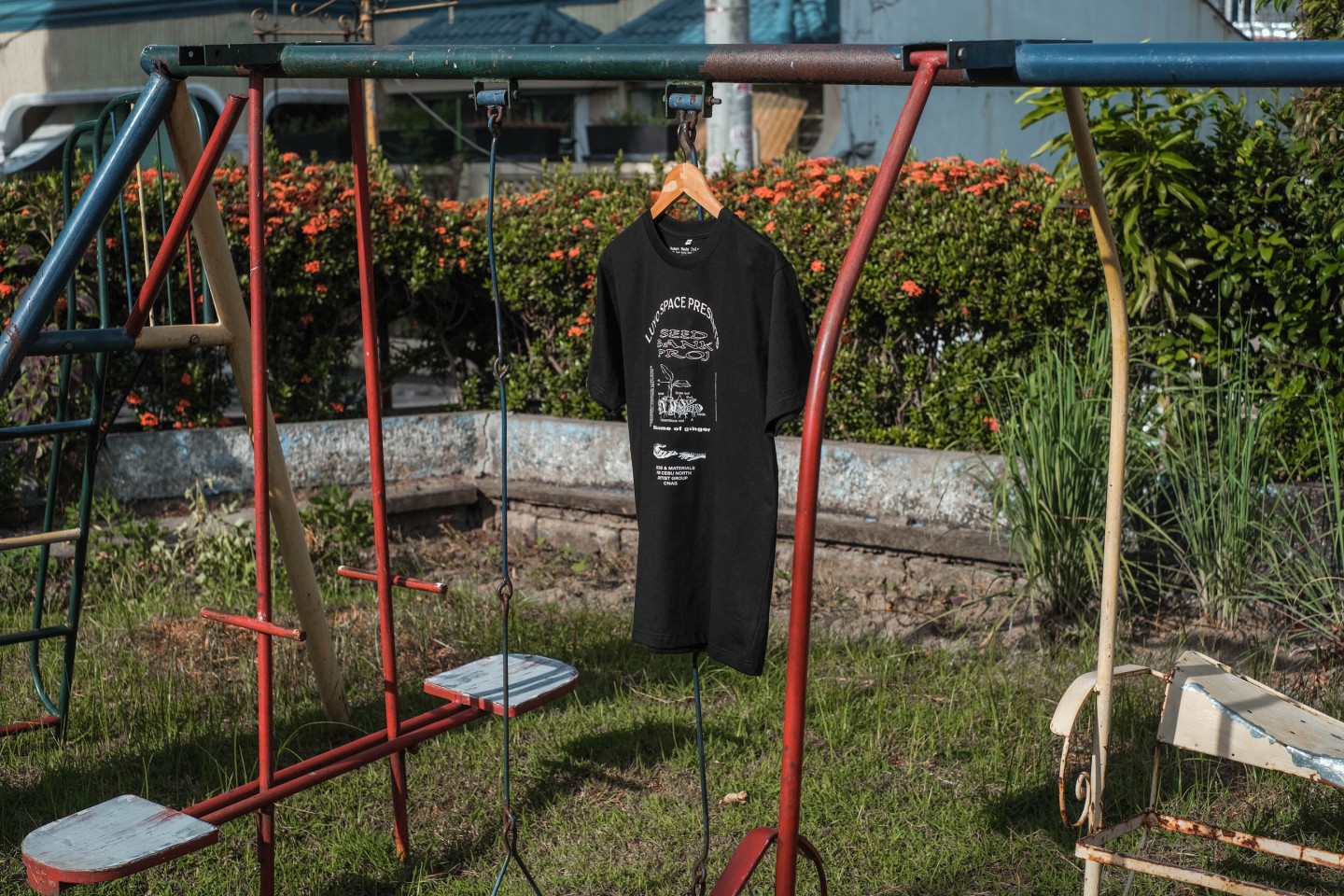
Almost half a year since our country was put on lockdown and it has affected everyone — from big businesses to SMEs and daily wage earners, everyone is in survival mode. And when government support is insufficient, private organizations are quick to respond to the needs of the community.
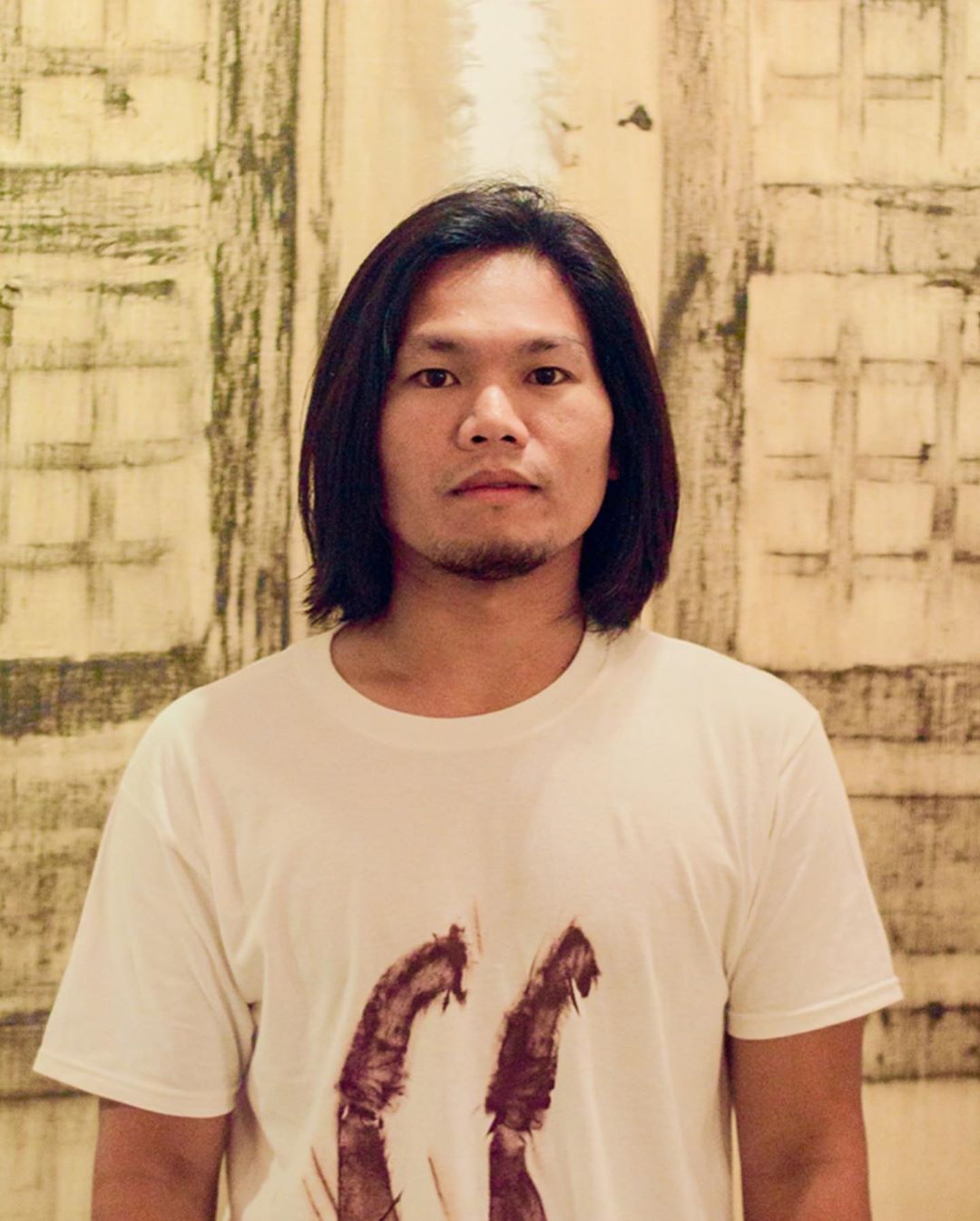
In Cebu City, one of the hotspots of COVID-19 in the country, a collective called Luyo Space was formed to focus on alternative education and permaculture techniques. For Ronyel Compra, one of the co-founders of Luyo Space, their mission is “to be fundamentally connected in the purest natural terms and ways and by being sustainably directed with art and creative practices enmeshed with food systems and culture”.
Having permaculture at its core principle, Luyo Space covers a larger spectrum, and agriculture is just a portion of what it tackles. For them, permaculture could establish a core perspective for both creativity and sustainability. “We combined the symbolism of space for actual crop growing and harvesting as well as creative experimentation related to community and food systems within (the community). The principles sprang from permaculture, which follows on being in synchronicity with the natural elements. This also means consuming less energy as well as living by the simplest of means possible,” Compra said.
Having permaculture at its core principle, Luyo Space covers a larger spectrum, and agriculture is just a portion of what it tackles. For them, permaculture could establish a core perspective for both creativity and sustainability. “We combined the symbolism of space for actual crop growing and harvesting as well as creative experimentation related to community and food systems within (the community). The principles sprang from permaculture, which follows on being in synchronicity with the natural elements. This also means consuming less energy as well as living by the simplest of means possible,” Compra said.
With people having limited access to food and other basic needs due to the lockdown, Luyo Space started a seed library project as an immediate response to help the artists and the community in the northern part of Cebu and it aims to be self-reliant and sustainably grounded. The initial intention was for food production targeting the nearby artist communities so the seeds that are being collected and distributed are mainly for food growing such as vegetable seeds and fruit-bearing trees. Aside from donating vegetable seeds, they also give out art materials for the artists and students who lack access to basic materials.
Another initiative of Luyo Space is an alternative education where they host workshops and classes like art history, visual communication, English, and even information technology. This helps the artists further hone their craft, and at the same time, gives them an opportunity to learn especially when attending classes in school seem to be far-fetched these days. They also have a project called “Habak: Majority World Survivalism” where they teach the community organic practices for survival and self-sufficiency that are beneficial especially in the current world situation.
Despite having limited resources, being immobile transcends other creative ways and ideas for Luyo Space. The internet was a big help for them to continue the makeshift classrooms, workshops, and fundraisings for seeds and art materials.
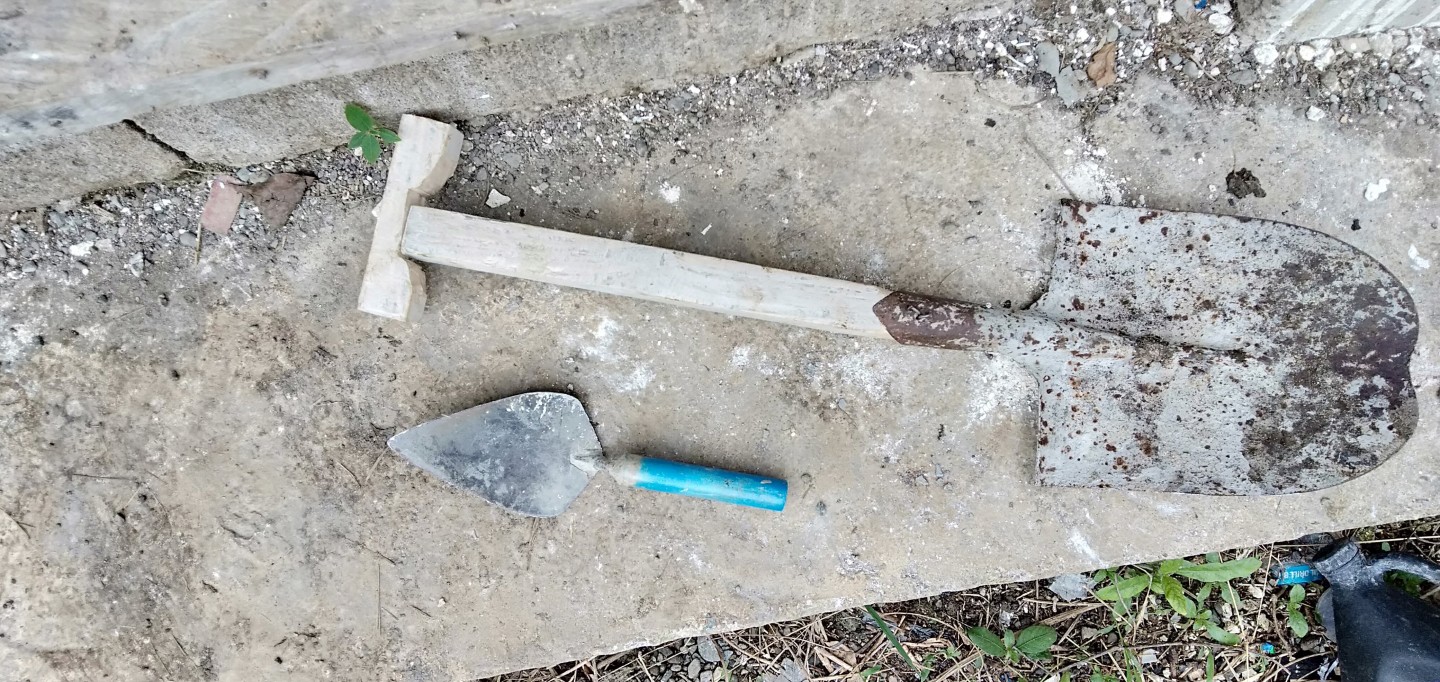
On top of the multiple projects they are running, Luyo Space makes positive impact on their community through all means and platforms possible — both online and offline. “Having both formless virtual, physical, and satellite spaces, we are able to experiment the concept ‘human powered’. We realized during the pandemic that many people turned to cycling, and we initiated a free public bike repair and a shelter for the public who engages in physical activities or the regular passerby made possibly with the aid of some donors and the community general whom benefited and contributed too.” Compra said.
Just recently, together with Tropical Futures Institute, they produced t-shirts to help sustain Luyo Space’s practices. The funds will be used to support the seed library project and enrich their makeshift classes — all the while contributing to their goal of marrying creativity and sustainability. You can purchase any of the two t-shirts straight from the buttons here, or you can visit shop.purveyr.com.
